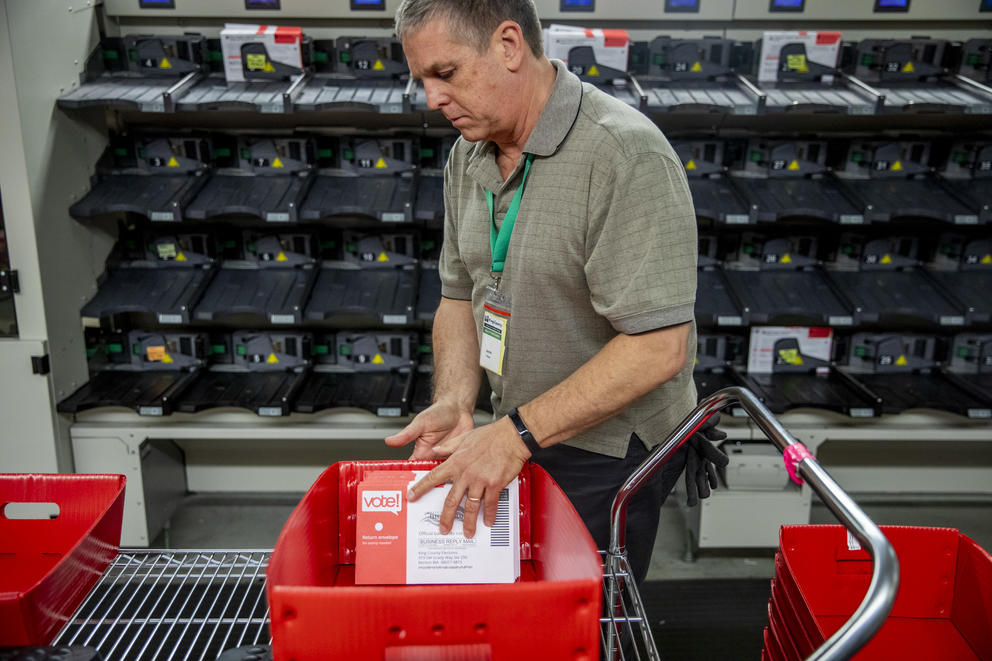A watchdog group reports that Washington’s public agencies are making it harder for the public to gain access to information, eroding the state’s Public Records Act.
The Washington Coalition for Open Government, a group that pushes for public access to government information, released its report this week, revealing several key findings, including longer wait times for records than in previous years and an increase in exemptions in public records law.
The Coalition found that public officials and agencies often obstruct people requesting public information — for example, creating long administrative appeals for denials and imposing deadlines to pay fees before a requester can access records. Sometimes agencies take a lengthy time to respond to requests, or simply fail to respond altogether.
Data from the report shows that requesters are waiting longer than in previous years to receive information: In 2019, people waited an average of 15 days, which increased to 23 days in 2022.
Public officials are also becoming creative with ways to withhold public information, like using “legislative privilege” or releasing redacted and blacked-out documents in response to requests. None of the officials that violated the act were held accountable by the public records act.
From 2012 to 2022, the list of exemptions for disclosing public records has increased more than 30%.
The report also found that agencies also fail at maintaining and organizing records. The Coalition said agencies spend more time and money searching for documents due to this disorganization.
Not only is their document organization inadequate, but the Coalition found that staff members of these agencies are often improperly trained on how to handle public records. The training that public employees receive from the Office of the Attorney General creates bias and tilts them to favor nondisclosure over transparency, according to the report.
Recommendations from the study include making data accessible to people in a timely manner. They also ask for the government to act transparently and implement pro-transparency recommendations from the Attorney General’s Public Records Exemptions Accountability Committee.









